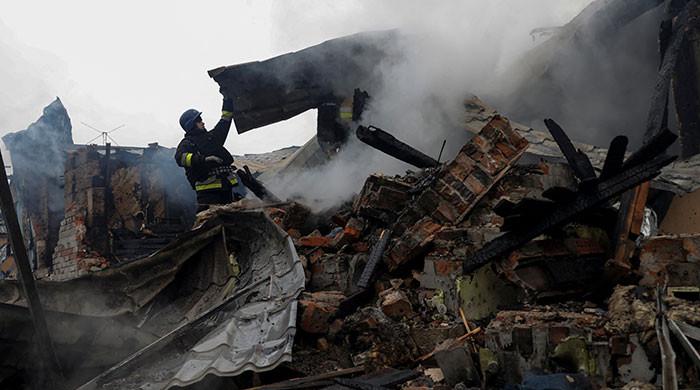The hospital reported that Lloyd Austin was making a positive recovery despite experiencing complications related to his Dec. 22 prostate cancer treatment.
US Secretary of Defense Lloyd Austin has been admitted to Walter Reed National Military Medical Center after developing a urinary tract infection following surgery he underwent in December to treat prostate cancer.
The revelation of his hospitalization came to light recently, prompting widespread criticism of the Pentagon’s secrecy surrounding the situation, leaving even President Joe Biden and Austin’s deputy uninformed for days.
The hospital reported that Austin, 70, a key figure in the US military hierarchy, was making a positive recovery despite experiencing complications related to his Dec. 22 prostate cancer treatment. These complications included severe abdominal, hip, and leg pain, along with persistent nausea. Following a diagnosis of a urinary tract infection, Austin was moved to the intensive care unit on January 2.
The hospital statement, signed by Dr. John Maddox and Dr. Gregory Chesnut, details that additional examinations revealed accumulations of abdominal fluid that hindered the function of his intestines, requiring the insertion of a tube through his nose to relieve stomach drainage. Despite the challenges, Walter Reed’s medical team remains optimistic about Austin’s recovery, noting that the infection has cleared, but cautioning that the process could be gradual.
Austin’s hospitalization poses challenges due to the nature of his responsibilities, which require immediate availability to handle national security crises. His need to be constantly accessible for secure communications in case of emergencies, such as a possible nuclear threat, presents logistical obstacles while confined to a hospital bed.
Amid the furor over the delay in disclosure, President Biden faced backlash. Questions were raised about the lack of information from the Pentagon about Austin’s initial treatment in December for what was described as an elective procedure, raising concerns about the classification of prostate cancer treatment as elective.
Calls for Austin’s ouster by some Republicans, including former President Donald Trump, were echoed, but both the Pentagon and the White House reiterated Austin’s continuation as defense secretary.
Amid this developing situation, Air Force Maj. Gen. Patrick Ryder emphasized Austin’s dedication to recovery as he remains steadfast in carrying out his duties as Secretary of Defense.












